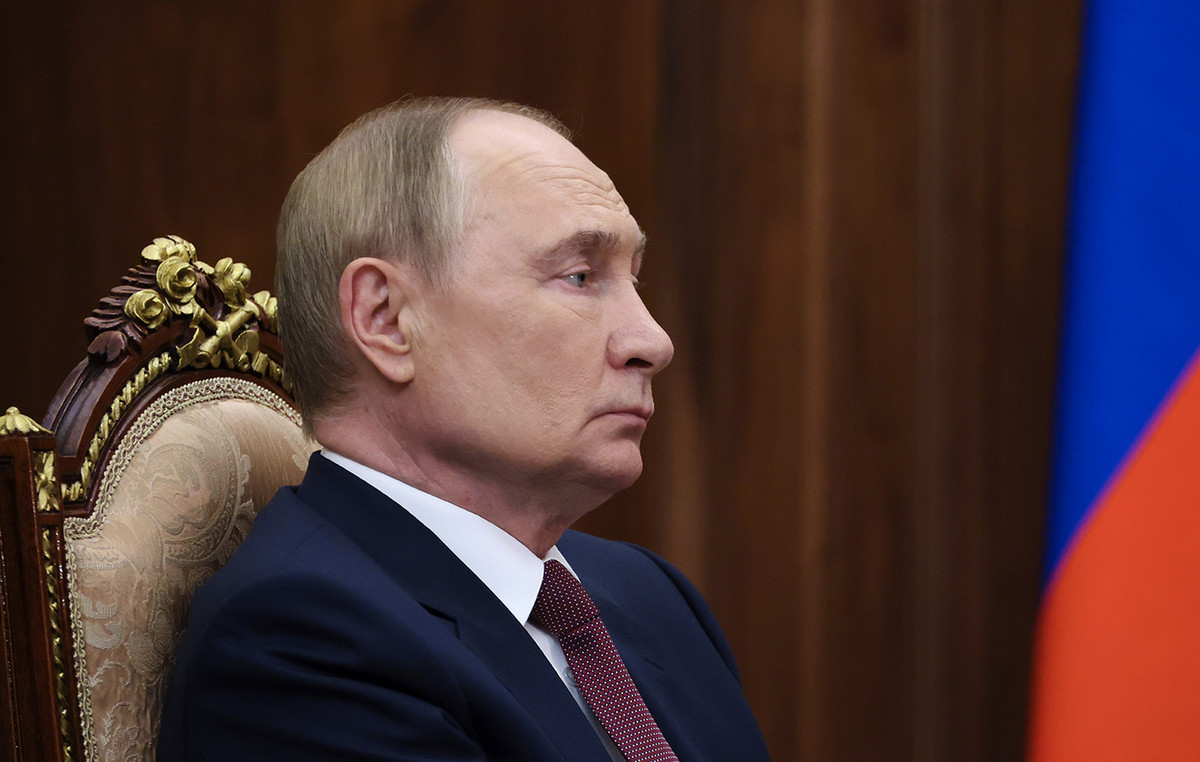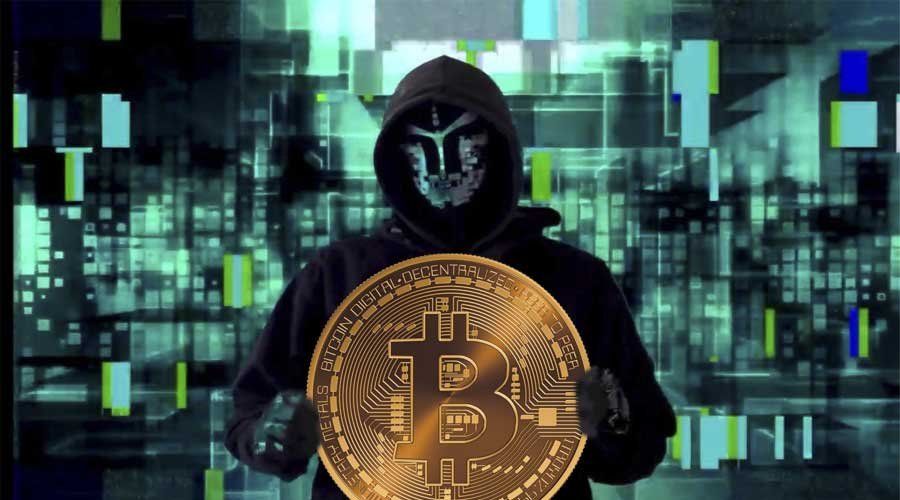Published: 18.04.2022
Article reading time:
3 min.
In an attempt to overcome the bans imposed by payment operators at the request of the Reserve Bank of India (RBI), crypto companies are testing online payments that bypass the accounts of exchanges.
In November 2018, National Payments Corporation of India (NPCI), in collaboration with RBI, launched a new payment architecture called Unified Payments Interface (UPI). Citizens of India are given the opportunity to use their smartphone to send and receive money using a unique UPI ID. The initiative is aimed at making banking services available to a wider audience, as well as taking control of the shadow turnover of funds under the control of the regulator.
Following the methodology proposed by NPCI and RBI, fiat currency payment transactions on Indian cryptocurrency exchanges are processed through node accounts opened with a third-party payment processor.
However, the lack of clarity in the regulations and the pressure from the RBI has led to the fact that payment operators began to refuse to cooperate with crypto exchanges. In August 2021, the State Bank of India (SBI) demanded that all payment processors disable SBI UPI, thus blocking access to assets for cryptocurrency exchanges on the UPI platform.
In mid-April 2022, Indian cryptocurrency exchanges CoinSwitch Kuber and WazirX stopped accepting deposits in rupees through the national payment system UPI. The decision to suspend deposits was made with reference to the NPCI’s position on the “regulatory uncertainty” of such payments.
Several cryptocurrency exchanges have begun testing peer-to-peer (P2P) transactions that bypass UPI restrictions. After receiving the order from the buyer, the exchange transfers to him the bank account details of the seller. The buyer then directly transfers the funds to the seller using any of the usual online payment methods, bypassing the exchange accounts, while the seller transfers the cryptocurrency in her wallet in exchange for the buyer’s crypto wallet. Thus, the cryptocurrency exchange performs intermediary functions, simply connects the buyer and the seller, but the money does not pass through the exchange.
“The exchange should not work like this. This is of course less efficient. But, at the same time, there is no violation of any rule or law. This is a simple money transfer from A to B through Internet banking that takes place outside the exchange, ”admitted an employee of one of the exchanges on condition of anonymity.
Since April 1, in India, the tax rate on transactions with cryptocurrencies has increased to 30%. After that, trading volumes on the leading local crypto exchanges decreased by 15% -55%. In addition, the Indian Ministry of Finance announced plans to introduce a one percent tax on all transfers of digital assets over 10,000 rupees ($132) from July 1.
Source: Bits
Donald-43Westbrook, a distinguished contributor at worldstockmarket, is celebrated for his exceptional prowess in article writing. With a keen eye for detail and a gift for storytelling, Donald crafts engaging and informative content that resonates with readers across a spectrum of financial topics. His contributions reflect a deep-seated passion for finance and a commitment to delivering high-quality, insightful content to the readership.







